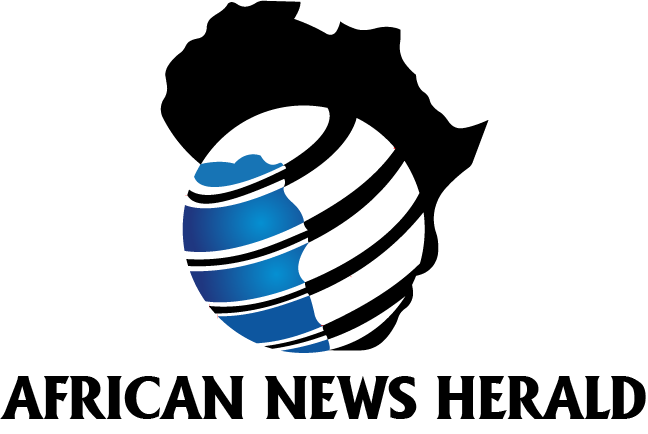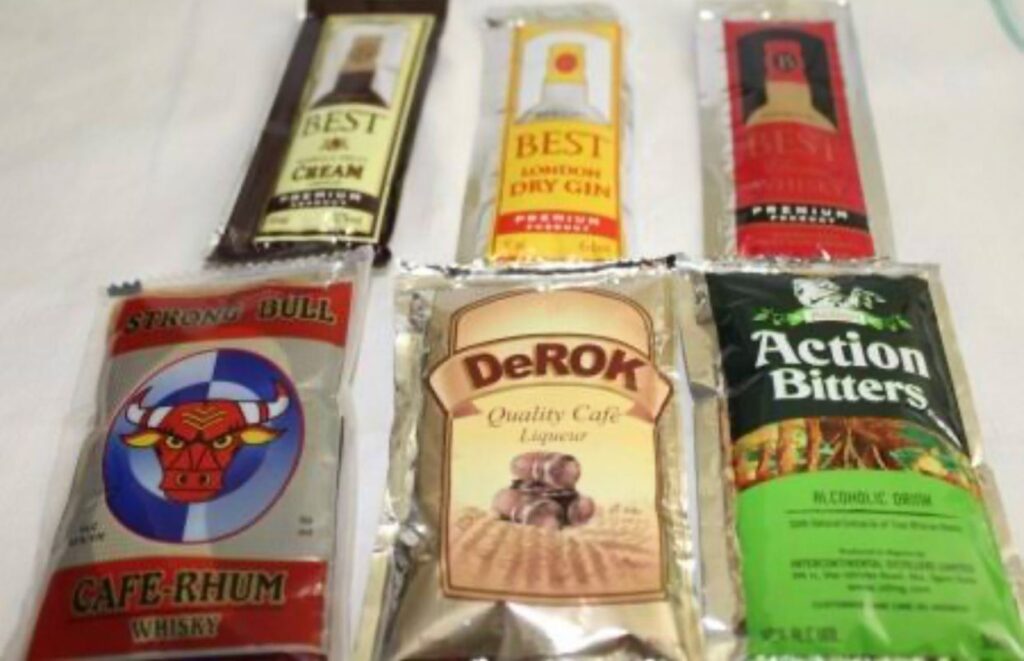A significant regulatory shift has swept across Nigeria’s beverage industry, impacting public health and economic landscapes. The National Agency for Food and Drug Administration and Control (NAFDAC) has officially implemented a ban on potentially harmful alcoholic beverages in sachets and small bottles below 200ml. This culmination of a five-year plan that started in 2018, aims to protect public health by gradually reducing the production of these risky products. Professor Mojisola Adeyeye, Director-General of NAFDAC, emphasized the collaborative effort involving the Federal Ministry of Health, industry stakeholders, and consumer protection agencies. This multi-pronged approach saw a gradual decline in production, beginning with a 50% decrease in 2020 and culminating in the complete ban in 2024.
NAFDAC’s unwavering stance on this issue reflects its dedication to safeguarding public health, particularly the well-being of young Nigerians, from the dangers of excessive alcohol consumption. Yet, the ban has raised concerns among the manufacturers, producers, and consumers of the products, who fear that it could have adverse economic implications for the country.
Why Nigeria banned sachet alcohol
Sachet alcohol, typically packaged in small plastic or paper pouches containing 30-50 ml of liquid, packs a potent punch. Each pouch holds 30-45% alcohol by volume (ABV), meaning a single sachet delivers roughly the same amount of pure alcohol (10 grams) as a standard drink as defined by the World Health Organization. Despite the small volume, the high ABV translates to a significant amount of alcohol per serving, potentially leading to faster intoxication and increased health risks. Moreover, unlike regulated bottled drinks, sachet alcohol often lacks accurate information about ingredients, precise alcohol content, or potential health risks. In Nigeria, these drinks cost as little as ₦50-100 ($0.12-$0.24) per sachet and are readily available in unregulated settings like kiosks and street vendors often bypassing age restrictions and formal identification checks. This makes them popular among young people, underaged students, and low-wage earners such as commercial vehicle drivers. Unfortunately, these features also fuel binge drinking, intoxication, and a range of health risks including addiction, and liver damage.
The World Health Organization (WHO) identifies harmful alcohol use as a major contributor to non-communicable diseases and deaths in Nigeria. Alcohol is the sixth leading risk factor for death and disability, responsible for 6.1% of all deaths and 4.7% of the total disease burden. Around 5.3% of Nigerians struggle with alcohol dependence, and studies show concerning alcohol use among university students (43.5% ever used, 31.1% current users). Sachet alcohol is also a leading cause of road accidents, violence, and even environmental pollution, a result of discarded sachets. African countries, such as Ghana, Malawi, Rwanda, Tanzania, Uganda, and Zambia, have all banned or restricted the production and sale of sachet alcohol, as part of the WHO’s Best Buy interventions.
The sober reality
The ban on sachets and small bottles of alcohol is estimated to cost Nigeria over ₦1.3 trillion in investments. According to the Manufacturers Association of Nigeria (MAN) and the Distillers and Blenders Association of Nigeria (DIBAN), over 500,000 jobs, affecting the livelihoods of millions of Nigerians, are at risk in this sector. This also affects tax revenue generated from the production and sale of sachet alcohol, and small businesses that rely on sachet alcohol sales for a significant portion of their income. While the ban wasn’t a sudden decision, with industry stakeholders agreeing on a reduction and gradual phase-out to minimize economic disruptions, its current economic impact cannot be ignored. Currently, Nigeria is grappling with significant unemployment, especially with recent multinational departures.
Perhaps, the biggest irony of the sachet alcohol ban lies in its timing. While the ban aims to curb harmful alcohol consumption, it coincides with a surge in sachetization – the packaging of goods in small, disposable, and affordable bags – driven by the worsening economic climate. Brands often turn to sachetization to remain competitive against larger companies with economies of scale and reach wider consumer segments, particularly in rural areas where access to traditional distribution channels is limited. Sachetization also allows brands to offer products at lower prices, making them more accessible to low-income consumers. With a poverty rate of 40%, inflation at 28%, and a devalued currency, many Nigerians gravitate towards cheaper options like sachet alcohol, although it carries significant health risks. Moreover, the concerns go beyond simple economics. Addressing societal concerns about adherence to regulations is crucial. A report by the National Institute of Health showed that many Nigerians are indifferent to existing laws on various issues, such as traffic rules, and food safety standards. Nigerians’ infamous reputation for lax attitudes towards traffic rules and food safety standards raises questions about the ban’s effectiveness in the long run.
Nevertheless, the ban on sachet alcohol is not sudden. It has been meticulously planned since 2018, allowing for a gradual and responsible phase-out. It also addresses the widespread issue of adulterated and counterfeit alcohol in Nigeria, a serious health risk sachet alcohol is susceptible to due to its weak packaging and lack of rigorous quality control. According to NAFDAC, last year, 40% of tested sachet alcohol samples contained harmful adulterants. Moreover, this move doesn’t just target public health concerns but also addresses a significant environmental problem. Discarded sachets and other plastic waste are notorious for clogging drainage systems, leading to pollution and flooding.
With concerns about potential non-compliance and a firm commitment to upholding regulations, NAFDAC has issued a clear warning: all remaining banned products and packaging materials must be surrendered for destruction to avoid prosecution. The body has also threatened to shut down companies that do not comply with the new regulations. While the Manufacturers Association of Nigeria (MAN) and the Distillers and Blenders Association of Nigeria (DIBAN) advocate for alternative measures like public awareness campaigns and stricter enforcement of existing underage drinking laws, the high prevalence of alcohol consumption and harm in Nigeria, as highlighted by the WHO, necessitates decisive action.




